Optimal Timing for Masonry Services
Masonry service timing is crucial for ensuring optimal results and longevity of structures. The best time typically depends on weather conditions, temperature, and humidity levels. Performing masonry work during moderate weather prevents issues such as freezing or rapid drying, which can compromise the integrity of mortar and stone. Generally, late spring through early fall offers the most favorable conditions for masonry projects.
Masonry work is best performed when temperatures are between 40°F and 85°F. Avoid work during extreme cold or heat, as these conditions can affect mortar curing and adhesion.
Spring and fall are ideal seasons due to milder temperatures and lower humidity. Winter work may require additional precautions, while summer heat can cause rapid mortar drying.
Scheduling masonry services during optimal weather reduces the risk of cracking, efflorescence, and other issues, ensuring a durable and long-lasting finish.
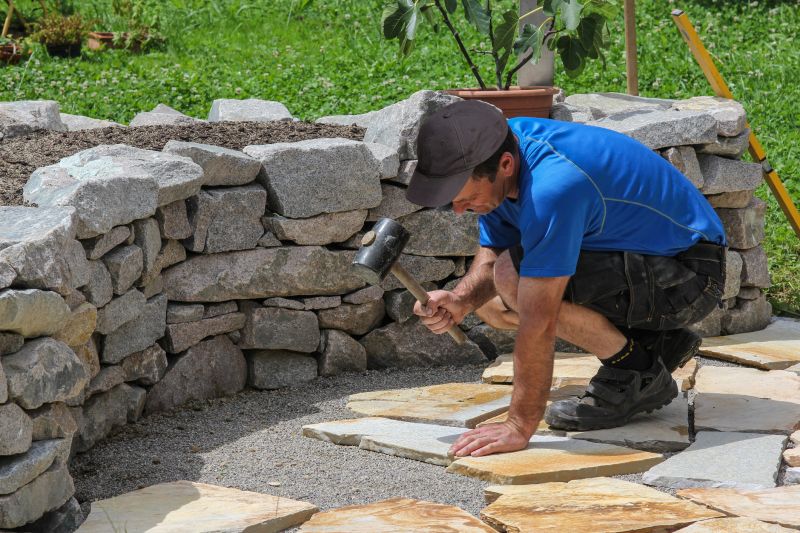
Ways to make Masonry Service work in tight or awkward layouts.
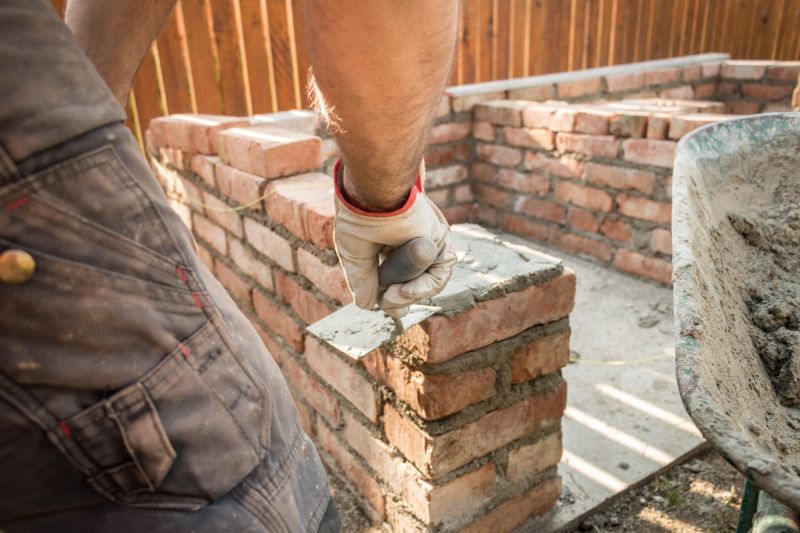
Popular materials for Masonry Service and why they hold up over time.
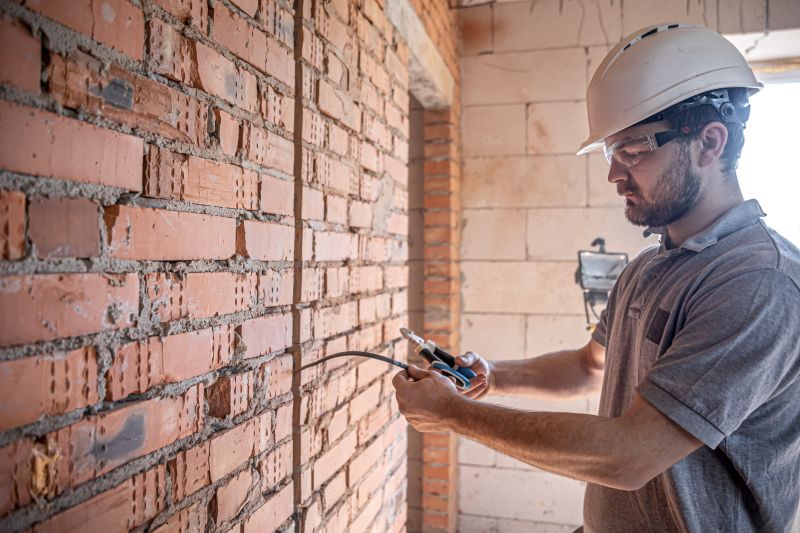
Simple add-ons that improve Masonry Service without blowing the budget.
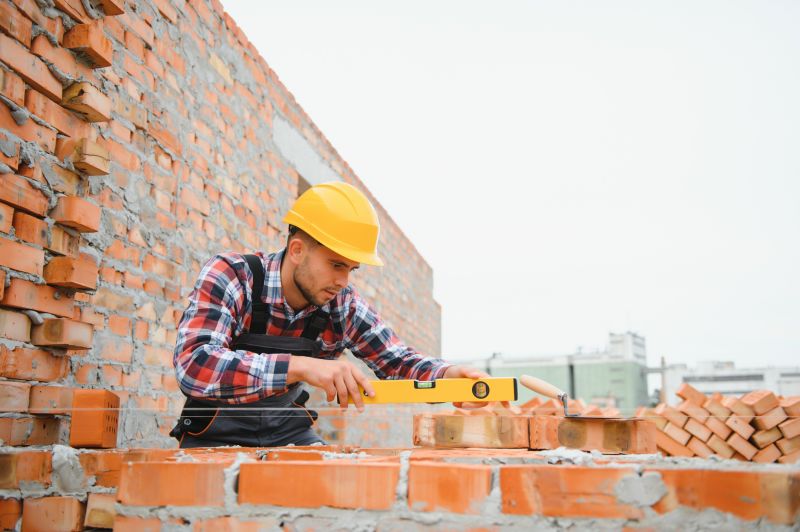
High-end options that actually feel worth it for Masonry Service.

Finishes and colors that play nicely with Masonry Service.
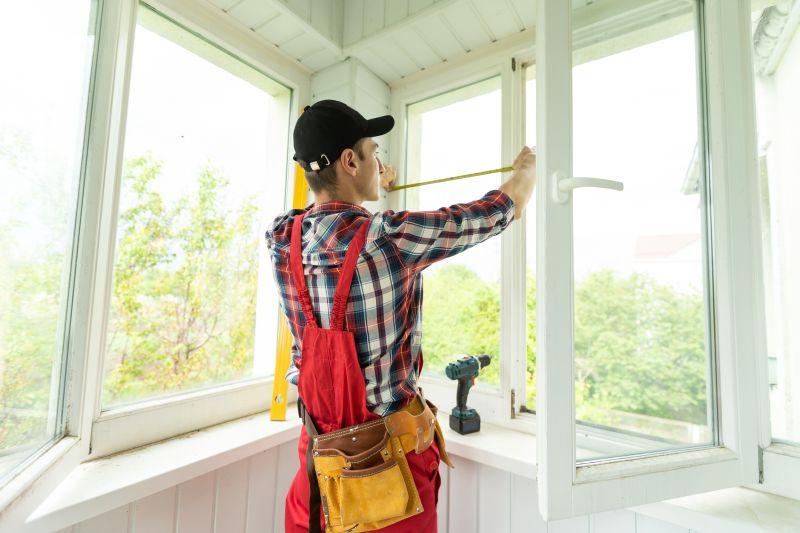
Little measurements that prevent headaches on Masonry Service day.
Masonry services involve the construction, repair, and restoration of structures using materials such as brick, stone, and concrete. Proper timing ensures that mortar cures correctly, preventing issues like cracking or weakening of the structure. Accurate scheduling based on weather conditions can extend the lifespan of masonry work, reducing future maintenance needs.
Statistics indicate that masonry projects performed during suitable weather conditions have a higher success rate, with fewer repairs needed over time. Properly timed masonry work can enhance the aesthetic appeal and structural integrity of a property, making it a valuable investment for property owners.
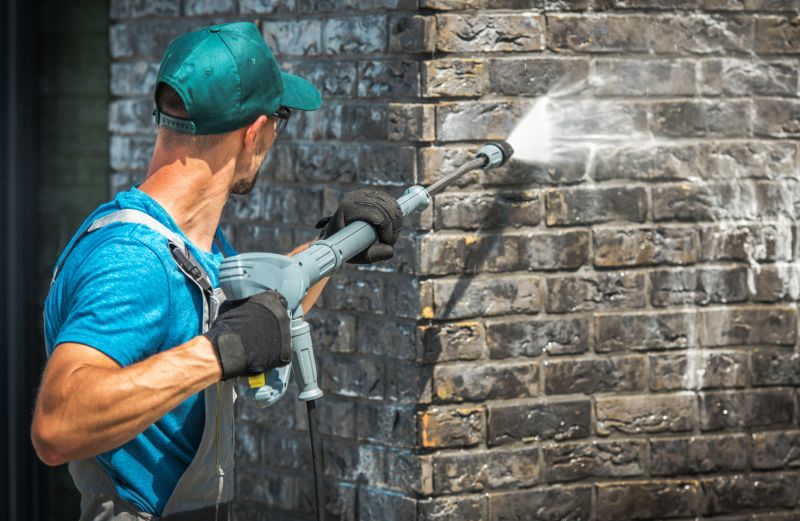
A 60-second routine that keeps Masonry Service looking new.
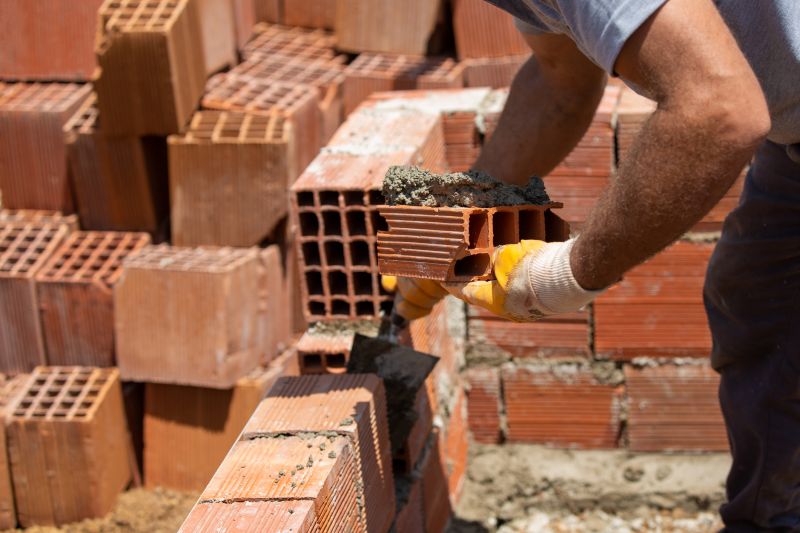
A frequent mistake in Masonry Service and how to dodge it.
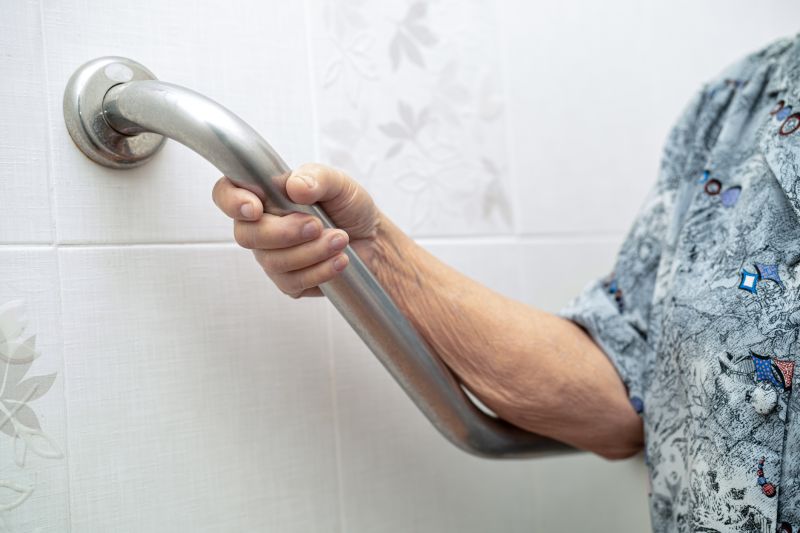
Small tweaks to make Masonry Service safer and easier to use.
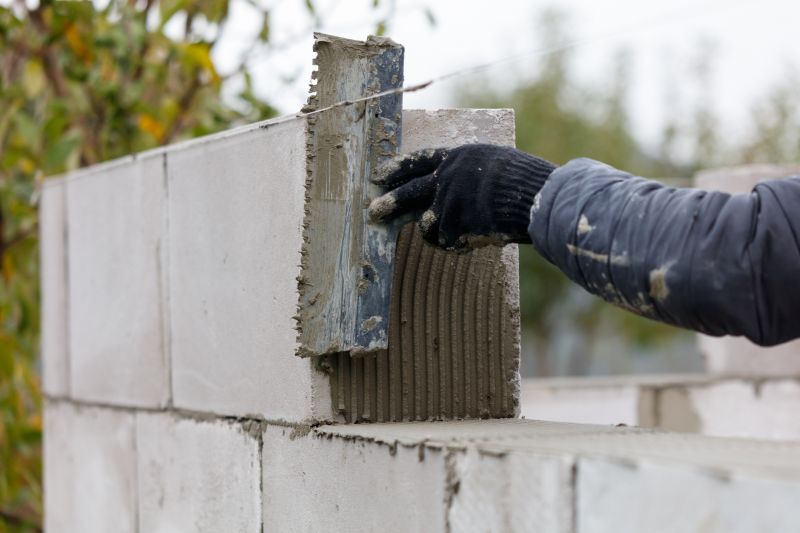
Lower-waste or water-saving choices for Masonry Service.
Weather influences mortar curing and adhesion. Cold or wet conditions can delay setting, while excessive heat can cause rapid drying and cracking.
Yes, but optimal results are achieved during mild weather. Winter or peak summer may require special precautions.
Cracking, efflorescence, or mortar failure are signs that masonry work was performed under unsuitable conditions.
Spring and fall are ideal for repairs, as weather conditions support proper mortar curing and bonding.
Interested property owners can contact for masonry services to discuss optimal scheduling based on local weather patterns. Proper timing enhances the durability and appearance of masonry structures, making it a worthwhile consideration for any project.


